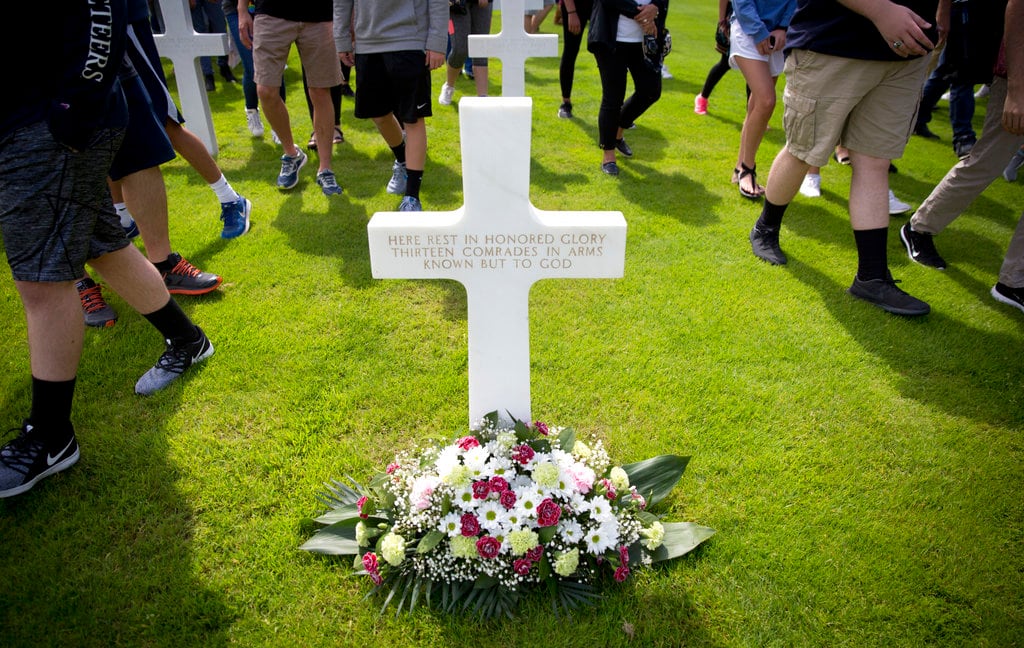The unprecedented deployment of U.S. troops to West Africa last year as part of the international response to the Ebola crisis saw no American service members contracting the deadly virus.
But five soldiers did fall prey to another disease. They contracted malaria, a concern that underscores the need for continued vaccine research, according to Army Surgeon General Lt. Gen. Patricia Horoho.
Army officials say three troops contracted malaria in Liberia between October and November and two more were suspected of having a malaria infection.
The soldiers — four from the 15th Engineer Battalion and one from the 101st Airborne Division — were diagnosed after they returned to garrison and finished their mandatory 21-day quarantines.
All responded to treatment, Horoho said.
Despite their recoveries, the need continues for development of improved medications and preventive immunizations to stop an illness that "may be the number one threat" to deploying service members, Horoho told members of the House Appropriations Committee defense panel April 14.
The U.S. Military Malaria Research Program has worked for decades to develop a vaccine against an illness that sickens nearly 200 million people worldwide each year and kills an estimated 584,000, mostly children, according to the World Health Organization.
Currently,at least 25 malaria vaccine research projects are ongoing worldwide, with the Naval Medical Research Center, the Walter Reed Army Institute of Research and the National Institutes of Health/National Institute of Allergy and Infectious Disease responsible for six of those.
Horoho implored lawmakers to continue funding such programs and other medical research by military scientists and physicians.
"I think continuing to ensure that we are aggressively funding and capitalizing on the research ... is absolutely critical, and when you look at the missions in which we are deploying more and more to, the threat of malaria is one of the biggest, if not the number one threat," Horoho said.
Troops who deploy to regions where malaria is endemic are required to take antimalarial prophylactic drugs such as doxycycline or Malarone.
But Army doctors believe the five soldiers who recently contracted malaria were not following their required regimens.
Horoho said that in addition to preventing infection among troops, a vaccine would save money, and she estimated the cost at about $1 per person, compared to about "$100 per soldier" for Malarone.
Current military malaria vaccine research is focused on preventatives for the malaria parasites P. vivax and P. falciparum, which are common to regions where military personnel deploy.
At least two of the service members who contracted malaria during the recent Ebola deployment actually were infected by two other malaria protozoa, P. malariae and P. ovale.
In 2014, a total of 44 service members contracted malaria — 30 soldiers, four sailors, three airmen and seven Marines, according to the Armed Forces Health Surveillance Center.
More than 800 U.S. troops have been diagnosed with malaria since 2005, with a majority of those cases — more than 440 — contracted in Afghanistan.
At the height of the Ebola response in December, roughly 2,900 U.S. troops were deployed to Liberia and Senegal.
World Malaria Day is this Saturday, a WHO campaign to raise awareness about the disease and promote prevention, research and treatment.
Patricia Kime is a senior writer covering military and veterans health care, medicine and personnel issues.





